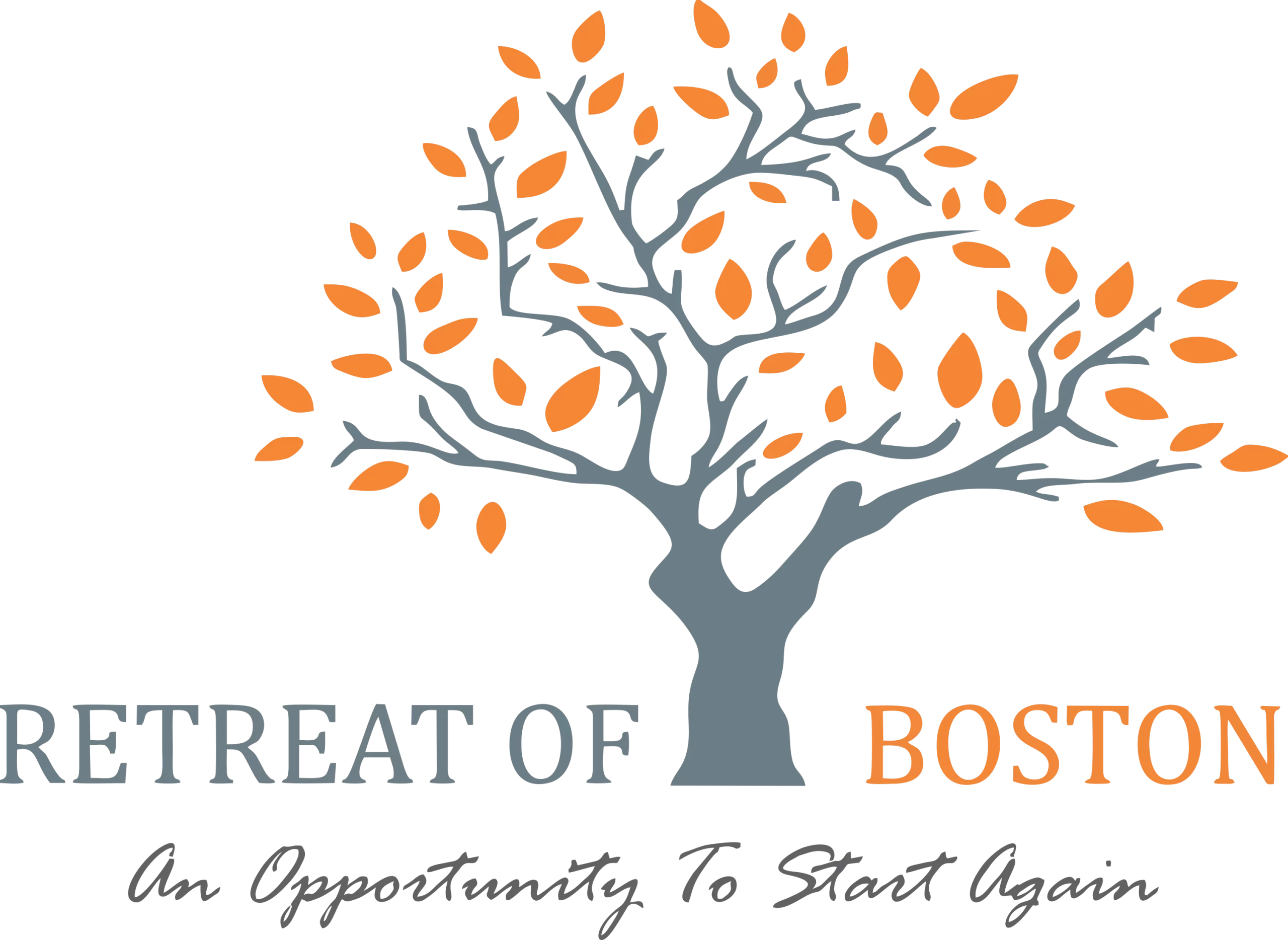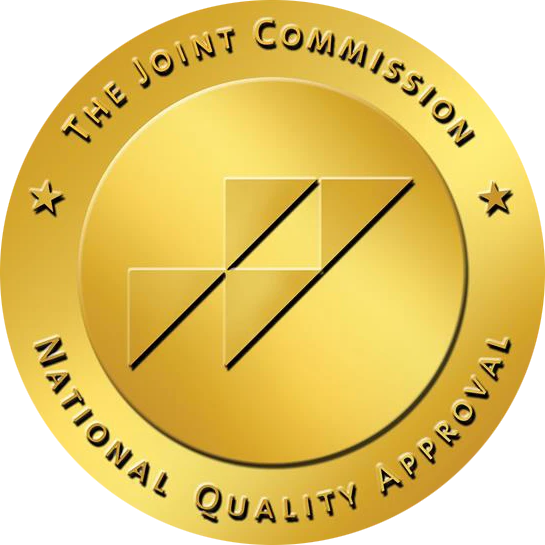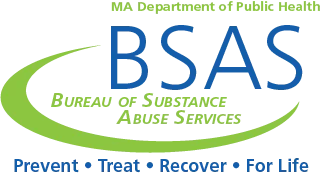Group therapy in Boston offers a multitude of benefits for its participants. Many treatment programs, including both residential and outpatient options, incorporate group therapy to foster a supportive environment where individuals can share experiences and gain valuable insights.
The Retreat of Boston recognizes the significance of group therapy in the recovery process and its role in helping individuals overcome addiction. As a result, we extend our group therapy in Boston services to various locations throughout the Greater Boston area in order to help individuals find freedom from addiction.
How Our Group Therapy In Boston Program Works
Group therapy sessions are conducted within a private setting and are facilitated by a skilled therapist. During these sessions, participants are encouraged to share their struggles and the challenging emotions they are experiencing. It’s important to note that the aim isn’t to pressure anyone into revealing more than they are comfortable with; instead, it’s about gently nudging individuals beyond their conversational comfort zones.
This process helps participants realize that sharing with others can be done in a safe and supportive environment. This newfound sense of safety often extends beyond the therapy setting, offering individuals valuable support during their recovery journey. The therapist poses questions and offers guidance to assist members in problem-solving and equips them with healthy coping strategies.
In addition to these skills, individuals in group therapy learn to rely on one another, provide insights, and receive constructive feedback from their peers. This collaborative approach fosters an atmosphere where each person becomes at ease discussing matters related to addiction and mental health, creating a safe and open forum for exploration and growth.
Types Of Group Therapy For Addiction
Group therapy is a valuable component of addiction treatment, as it provides individuals with the opportunity to share their experiences, receive support, and learn from others who are also on the path to recovery. There are several types of group therapy approaches used in addiction treatment, including:
- Psychoeducation Groups: These groups focus on educating participants about addiction, its effects, and recovery strategies. They provide information and teach valuable skills for managing addiction.
- Support Groups: Support groups like Alcoholics Anonymous (AA) and Narcotics Anonymous (NA) are based on the 12-step program. They offer a structured framework for individuals to share their experiences, provide mutual support, and work through the 12 steps.
- Cognitive-Behavioral Therapy (CBT) Groups: These groups use CBT principles to help individuals identify and change negative thought patterns and behaviors that contribute to addiction. Participants learn coping strategies and relapse prevention techniques.
- Dialectical Behavior Therapy (DBT) Groups: DBT-based groups focus on emotional regulation, mindfulness, interpersonal effectiveness, and distress tolerance. They are especially beneficial for those with co-occurring addiction and mental health issues.
- Process-Oriented Groups: These groups provide a space for participants to discuss their feelings, experiences, and personal struggles. They encourage self-expression and emotional processing.
- Relapse Prevention Groups: These groups concentrate on identifying and managing triggers that can lead to relapse. Participants develop strategies to avoid situations that might contribute to substance use.
- Interpersonal Process Groups: Focused on improving communication and relationships, these groups help participants develop healthier interaction patterns and address any underlying relational issues contributing to addiction.
- Trauma-Informed Groups: For individuals who have experienced trauma, these groups offer a safe space to process and heal from past traumatic experiences, which may be connected to their addiction.
- Experiential Groups: These groups incorporate creative activities, such as art, music, or adventure therapy, to facilitate self-expression and self-discovery.
- Gender-Specific Groups: These groups separate participants by gender and address issues specific to men or women, creating a comfortable environment for sharing and addressing gender-related challenges in recovery.
- Religious or Faith-Based Groups: These groups integrate spirituality and faith-based principles into the recovery process for individuals who find strength in their beliefs.
The choice of group therapy type depends on the individual’s needs, the treatment program’s approach, and the severity of the addiction. Many addiction treatment programs use a combination of these group therapy approaches to provide comprehensive support and therapy for individuals in recovery. Here at The Retreat, we offer a wide range of types of group therapy in Boston in order to meet each of our client’s individual needs.
Who Could Benefit From Group Therapy?
Individuals grappling with challenges in socializing and communication can experience significant advantages through participation in group therapy. Moreover, by actively listening to peers who share similar struggles, they gain a heightened sense of self-awareness. It’s worth noting that these sessions foster an environment devoid of judgment or criticism, allowing every participant to engage comfortably in discussing their personal experiences.
Group therapy proves particularly valuable for individuals facing various trying situations, which may include drug or alcohol addiction. Additionally, other populations that find immense benefit in group therapy encompass those dealing with:
- Depression
- Anxiety
- Attention-Deficit/Hyperactivity Disorder
- Post-Traumatic Stress Disorder
- Various other mental health diagnoses
- Experiences of domestic abuse
- Coping with the loss of a loved one
- Navigating the challenges of divorce
- Struggles related to effective communication
By encompassing a wide range of issues, group therapy serves as a versatile and effective tool for personal growth and healing.
How Is Psychotherapy Implemented Into Addiction Treatment?
Psychotherapy is a crucial component of addiction treatment, aimed at facilitating a deeper understanding of the thoughts and emotions intertwined with addiction. This form of therapy also equips individuals with new coping strategies and alternative perspectives on their addiction.
Mental health disorders frequently coincide with addiction, with nearly half of individuals grappling with a substance use disorder also contending with a concurrent mental health condition. This coexistence is termed a co-occurring disorder.
For those facing a co-occurring disorder, addressing both the addiction and the mental health condition concurrently is imperative. This comprehensive approach is known as dual diagnosis treatment. The choice between outpatient and inpatient dual diagnosis treatment depends on the severity of the co-occurring disorder.

The Benefits Of Group Therapy
Participating in group therapy as part of your Boston-based treatment can offer the following array of benefits:
- Group Support: Group sessions illuminate the fact that you’re not alone in your struggle with addiction. Having fellow participants share in their triumphs and brainstorm solutions for challenges provides essential encouragement for everyone’s recovery journey.
- Motivation to Overcome Life’s Hurdles: Witnessing others confront their own battles and successfully conquer addiction-related issues serves as a powerful motivator for each individual to put in the hard work necessary for their personal recovery.
- Realizing You’re Not Alone: Many individuals dealing with addiction and mental health conditions often feel isolated, thinking they’re the sole ones facing these difficulties. However, group therapy dispels this misconception by revealing that these challenges are shared by many, thereby reducing the shame that may accompany them.
- Enhanced Social and Communication Skills: Addiction often leads to isolation and difficulties in effective communication. Group therapy assists in reintegrating individuals into a peer group, fostering comfort, and imparting valuable communication skills.
- Self-Discovery: Gaining insight into life from the perspectives of others can provide invaluable self-discovery. It helps you gain a deeper understanding of yourself and clarifies the goals you wish to achieve.
Group Therapy In Boston At Our Premier Addiction Treatment Facility
Embark on a transformative journey towards recovery and healing by joining our group therapy sessions at our premier addiction treatment facility in Boston. Take charge of your well-being, break free from the chains of addiction, and find strength in community support.
Contact us today to join our Group Therapy sessions and start your transformative path to recovery. Break the cycle of addiction, embrace the support of a community, and rediscover the strength within you. Your journey to a healthier, more fulfilling life begins now.




